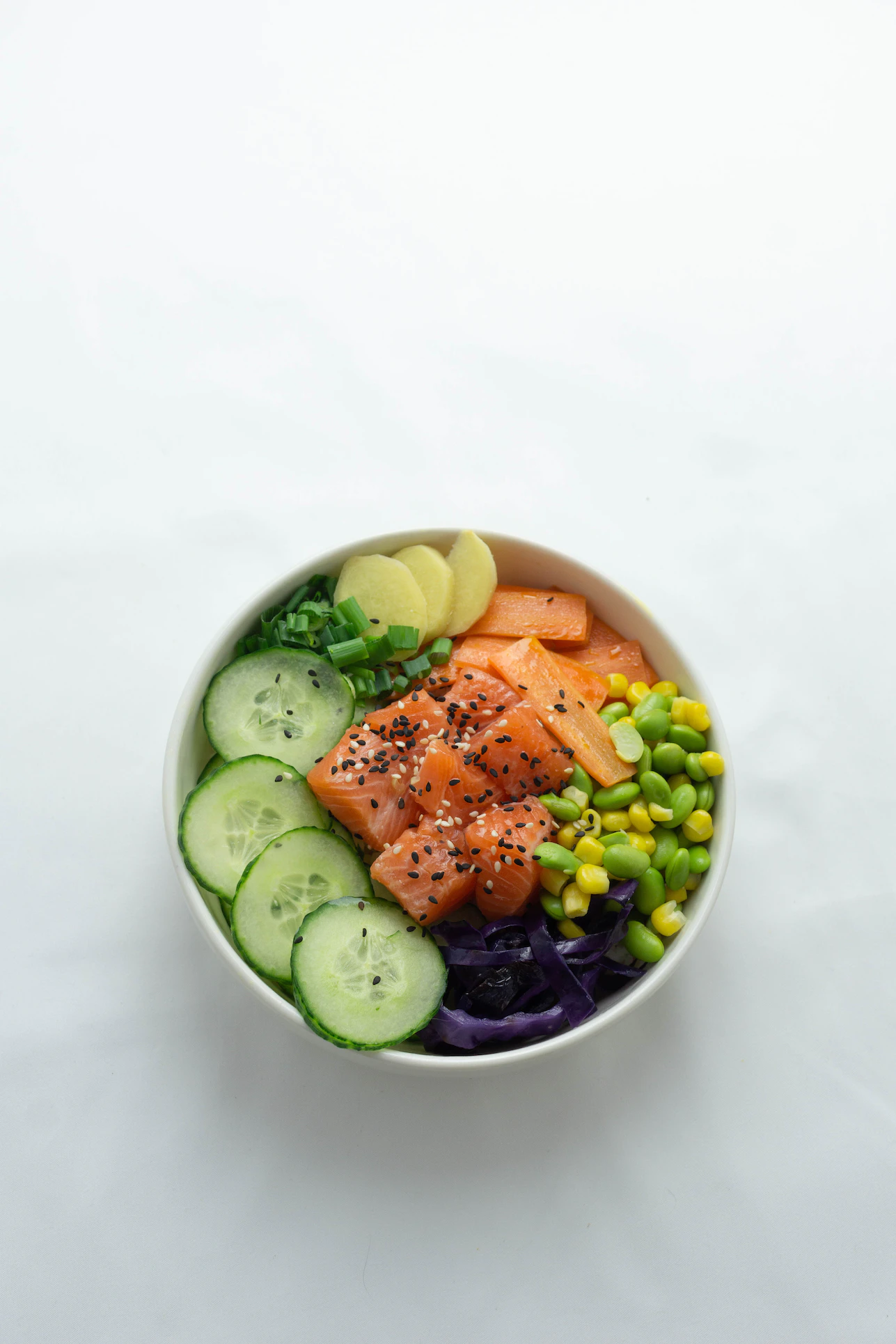As we transition into the cold and flu season, and under the impinging thoughts of COVID-19, let’s focus on the mineral that helps build the immune system, zinc.
Zinc is an essential nutrient, meaning your body can not store or produce it. It has a number of very important functions, most importantly, an improved immune system. Additionally, it plays a critical role in the proper function of our metabolism. Zinc is also known to improve wound injury and in the regulation of other biological processes associated with normal growth and development.
What is Zinc and how much do I need?
This mineral is involved in over 100 chemical reactions in your body. It is an essential trace mineral, and we receive that mineral through our food.
Our body absorbs 20-40% of the zinc present in food. The recommended daily allowance for adults is 8 – 11 mg, which is not a large amount. It’s common to have slightly low levels, but taking a multivitamin, plus eating a healthy diet, should give you all the zinc your body needs to experience the benefits.
The Benefits 
Supports Immune Function including colds and wounds
This essential mineral helps keep your immune system strong. Because it is necessary for cellular function, a deficiency in the body can lead to a weakened immune response to infections like the common cold or even COVID-19. Next, a review of seven studies demonstrated that 80–92 mg per day may reduce the length of the common cold by up to 33%.
Helps Fight Diabetes
Zinc benefits blood sugar levels because it binds to insulin, so insulin is properly stored in the pancreas and released when glucose enters the bloodstream. Furthermore, The National Library of Medicine states that this mineral also regulates insulin receptors, prolongs the action of insulin, and promotes healthy lipid profiles.
Supports Vision and Eye Health
A major clinical trial, the Age-Related Eye Disease Study (AREDS1), found that people who had macular degeneration could slow down their ocular damage by taking this essential mineral combined with other dietary supplements. Please consult your physician to understand the amount of zinc necessary to see improvement.
Helps with diarrhea
Zinc deficiency is related to chronic digestive problems and diarrheal diseases, which has been shown in several studies. Researchers have found that supplementation can be effective in reducing the occurrence of diarrhea.
Dietary Sources of Zinc
Our bodies are more likely to absorb zinc from animal foods like red meat, fish, and poultry than zinc from plant foods. Consequently, it is best absorbed when taken with a meal that contains protein.
The best food sources are:
- Oysters (richest source)
- Red meats
- Poultry
- Cheese (ricotta, Swiss, gouda)
- Shrimp
- Crab
- Shellfish
- Legumes (especially lima beans, black-eyed peas, pinto beans, soybeans, peanuts),
- Whole grains
- Miso
- Tofu
- Brewer’s yeast
- Cooked greens
- Mushrooms
- Green beans
- Tahini
- Pumpkin
- Sunflower seeds
Can I consume too much?
An individual can overdose on zinc and experience, nausea, vomiting, diarrhea, change in taste as well as a copper deficiency. These minerals are directly linked. Furthermore, I am not a doctor or a Registered Dietician, you should always consult a licensed medical provider when adding vitamin or mineral supplementation.



